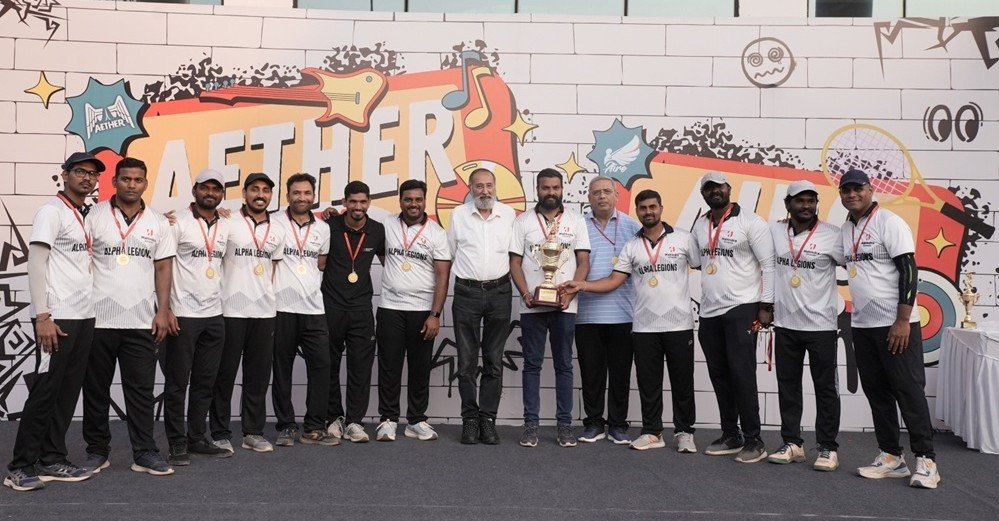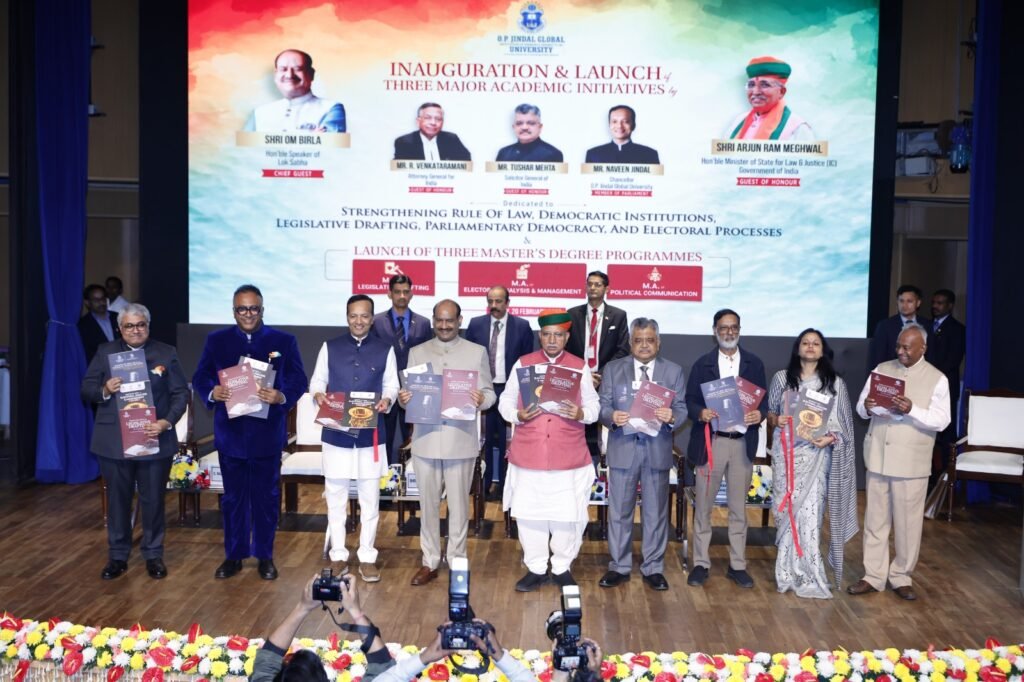Mohan Babu University (MBU) has taken a bold step in redefining campus infrastructure with the unveiling of India’s first-ever container stadium at its Tirupati Campus. With this pioneering development, MBU sets a new benchmark for sustainability and innovation in higher education infrastructure. The ₹30 crore investment over four years has helped avoid an estimated 1500 tons of carbon emissions by using upcycled shipping containers instead of traditional cement-and-steel construction.
The MBU Container Stadium is the result of a dedicated four-year journey from concept to completion, realised in collaboration with ASER, SA, a renowned London-based design firm known for its expertise in sustainable architecture. The stadium’s design is inspired by iconic international projects such as Fortress Obetz Stadium in Columbus, Ohio, a landmark built from over 100 shipping containers.
Constructed entirely using repurposed industrial containers, the stadium reflects MBU’s strong commitment to environmental responsibility. Its modular layout allows for seamless expansion and reconfiguration, ensuring long-term adaptability as student and event needs evolve. Energy-efficient systems, green building practices, and a multi-functional design make the stadium an ideal venue for athletic events, cultural festivals, academic ceremonies, and large public gatherings.
“When I first came across container stadiums abroad, I was struck by their ingenuity and impact. I realised that no Indian university had attempted something like this, and I thought, why not us? From that moment, I was determined to bring this vision to life. We wanted to create something functional, inspiring, and sustainable for our students, and this stadium delivers on all fronts. I hope it sets an example and encourages others to think creatively about how infrastructure can serve both people and the planet,” said Vishnu Manchu, Pro-Chancellor, Mohan Babu University.
Spread across 100 acres in Tirupati, Mohan Babu University is one of India’s most expansive and future-ready campuses. It features the country’s largest tech-enabled library, a smart kitchen serving over 15,000 students with zero-carbon emissions, world-class sports and fitness infrastructure, and dynamic innovation spaces like V Hub and IEEE that foster creativity, leadership, and entrepreneurial thinking.



